Francis Scott Key Fitzgerald was born in Saint Paul, Minnesota on September 24, 1896. He was named after his ancestor Francis Scott Key, who wrote the US national anthem. Starting in his adolescence, Fitzgerald wrote poems and short stories for school publications. In 1913, he enrolled at Princeton University, where he wrote musicals for the campus theater. In 1917, Fitzgerald dropped out of Princeton to join the army. During his service, he got engaged to the charming but restless Zelda Sayre. She left him the next year, though, on the grounds that he was not rich enough to guarantee her future.
When Fitzgerald's army service ended in 1919, he moved to New York to try to make a living as a writer. His first novel was published in 1920. Entitled This Side of Paradise, the book was a great success. At the time, energy and good spirits were pervasive in New York, prompting Fitzgerald to dub his era the “Jazz Age.” Fitzgerald himself soon became an icon of the heady period, and Zelda agreed to marry him. Between 1921 and 1922 he published a number of short stories, as well as another novel, The Beautiful and Damned. His characters tended to be disenchanted but romantic, and they inspired the very generation Fitzgerald sought to depict. In spite of his success, the expensive lifestyle Fitzgerald and his wife adopted burdened them with financial difficulties.They moved to Europe in 1924. While the couple was in Paris the following year, Fitzgerald published his third novel, The Great Gatsby. The work was Fitzgerald's masterpiece, but sales were modest.
He and his wife returned to the US in 1931. Zelda was diagnosed with schizophrenia and began a series of stays at psychiatric clinics. Lonely, depressed and by now an alcoholic, Fitzgerald still managed to complete his fourth novel, Tender is the Night, in 1934. Unfortunately, the effort did little to revive his success with the public. Fitzgerald mounted another effort to escape his crisis in 1937, when he started work on Hollywood screenplays. His projects included collaboration with director George Cukor on the film The Women. Fitzgerald died of heart failure on December 21, 1940. He was 43. At the time, he was working on his fifth novel, The Last Tycoon. The work was published in incomplete form in 1941, contributing to Fitzgerald’s posthumous fame. Eight years after his death, Zelda Fitzgerald was one of the victims in a fire that destroyed her psychiatric clinic.
When Fitzgerald's army service ended in 1919, he moved to New York to try to make a living as a writer. His first novel was published in 1920. Entitled This Side of Paradise, the book was a great success. At the time, energy and good spirits were pervasive in New York, prompting Fitzgerald to dub his era the “Jazz Age.” Fitzgerald himself soon became an icon of the heady period, and Zelda agreed to marry him. Between 1921 and 1922 he published a number of short stories, as well as another novel, The Beautiful and Damned. His characters tended to be disenchanted but romantic, and they inspired the very generation Fitzgerald sought to depict. In spite of his success, the expensive lifestyle Fitzgerald and his wife adopted burdened them with financial difficulties.They moved to Europe in 1924. While the couple was in Paris the following year, Fitzgerald published his third novel, The Great Gatsby. The work was Fitzgerald's masterpiece, but sales were modest.
He and his wife returned to the US in 1931. Zelda was diagnosed with schizophrenia and began a series of stays at psychiatric clinics. Lonely, depressed and by now an alcoholic, Fitzgerald still managed to complete his fourth novel, Tender is the Night, in 1934. Unfortunately, the effort did little to revive his success with the public. Fitzgerald mounted another effort to escape his crisis in 1937, when he started work on Hollywood screenplays. His projects included collaboration with director George Cukor on the film The Women. Fitzgerald died of heart failure on December 21, 1940. He was 43. At the time, he was working on his fifth novel, The Last Tycoon. The work was published in incomplete form in 1941, contributing to Fitzgerald’s posthumous fame. Eight years after his death, Zelda Fitzgerald was one of the victims in a fire that destroyed her psychiatric clinic.
RELATED
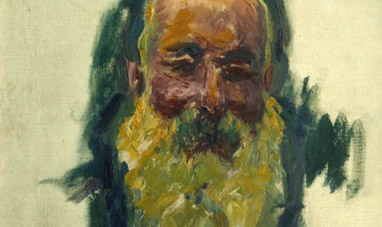

CLAUDE MONET
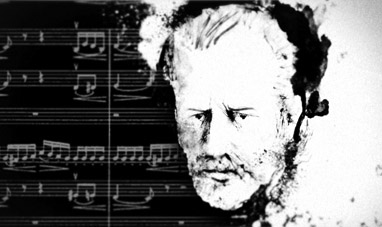

PYOTR ILLYCH TCHAIKOVSKY
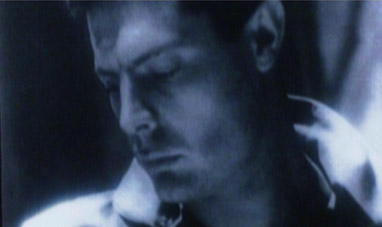

MARCELLO MASTROIANNI


GEORGE BALANCHINE


DANIEL LIBESKIND
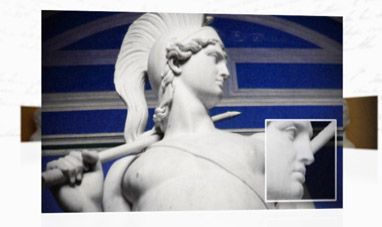

BERTEL THORVALDSEN
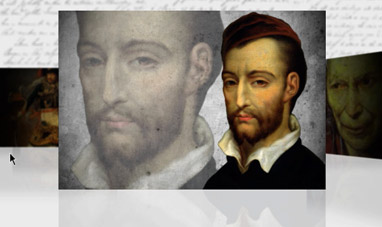

THÉODORE GÉRICAULT


WIM WENDERS
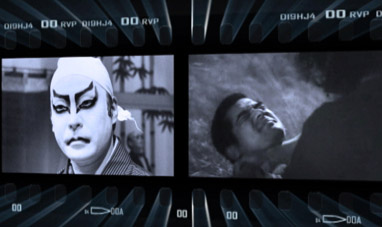

AKIRA KUROSAWA
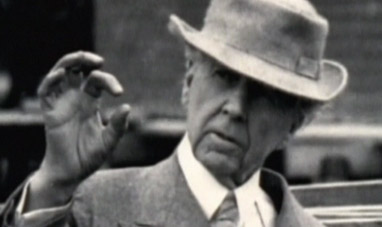

FRANK LLOYD WRIGHT
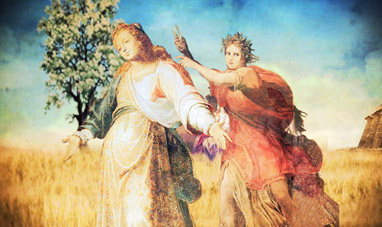

EURIPIDES
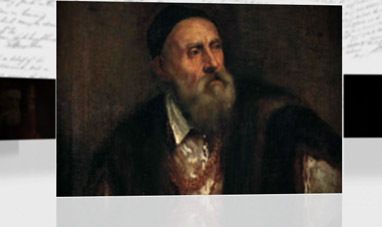

TITIAN
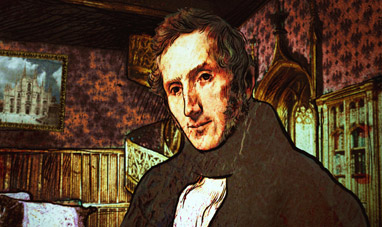

ALESSANDRO MANZONI
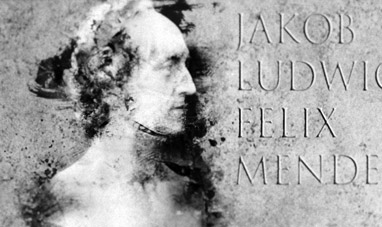

FELIX MENDELSSOHN


JAZZ
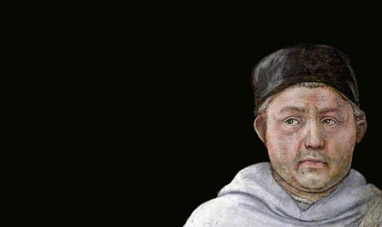

FILIPPO LIPPI
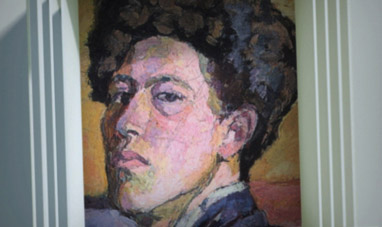

ALBERTO GIACOMETTI
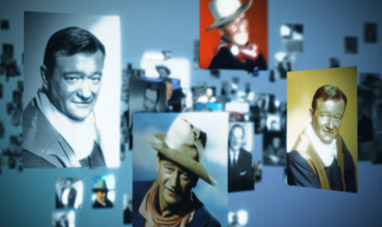

JOHN WAYNE
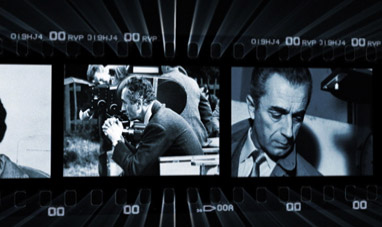

MICHELANGELO ANTONIONI
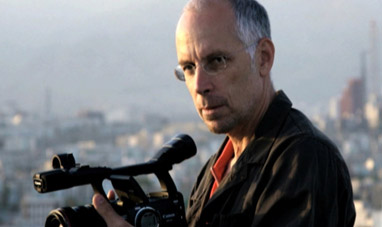

GABRIELE SALVATORES
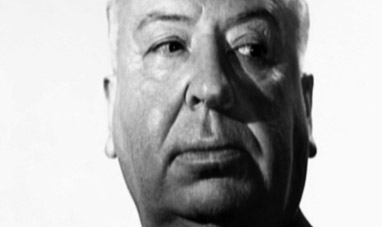

ALFRED HITCHCOCK


LOUIS KAHN
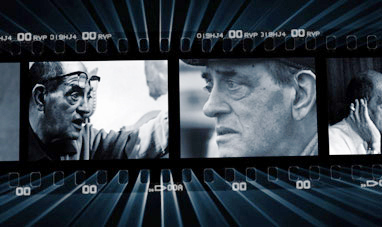

LUIS BUÑUEL
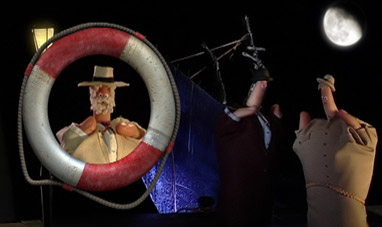

HEART OF DARKNESS
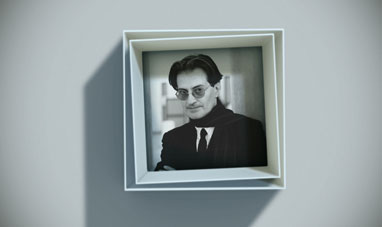

GIULIO PAOLINI
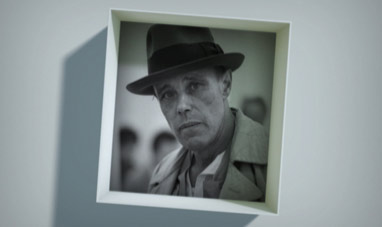

JOSEPH BEUYS
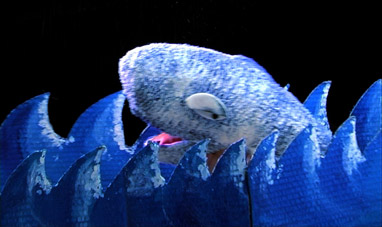

MOBY-DICK
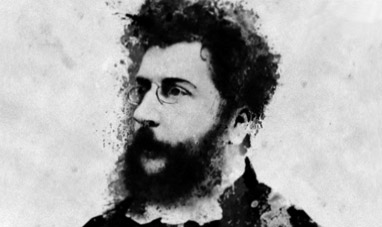

GEORGES BIZET
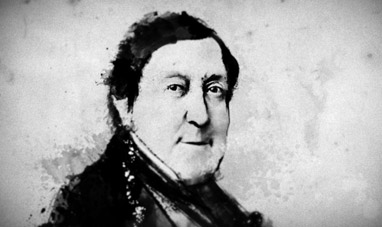

GIOACCHINO ROSSINI


CHARLES BUKOWSKI
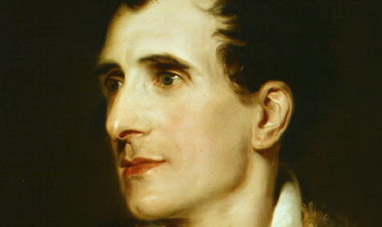

ANTONIO CANOVA
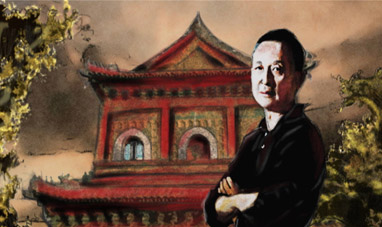

GAO XINGJIAN


DONATO BRAMANTE


KATE MOSS


GIAN MARIA VOLONTÉ


MICHELANGELO BUONARROTI
